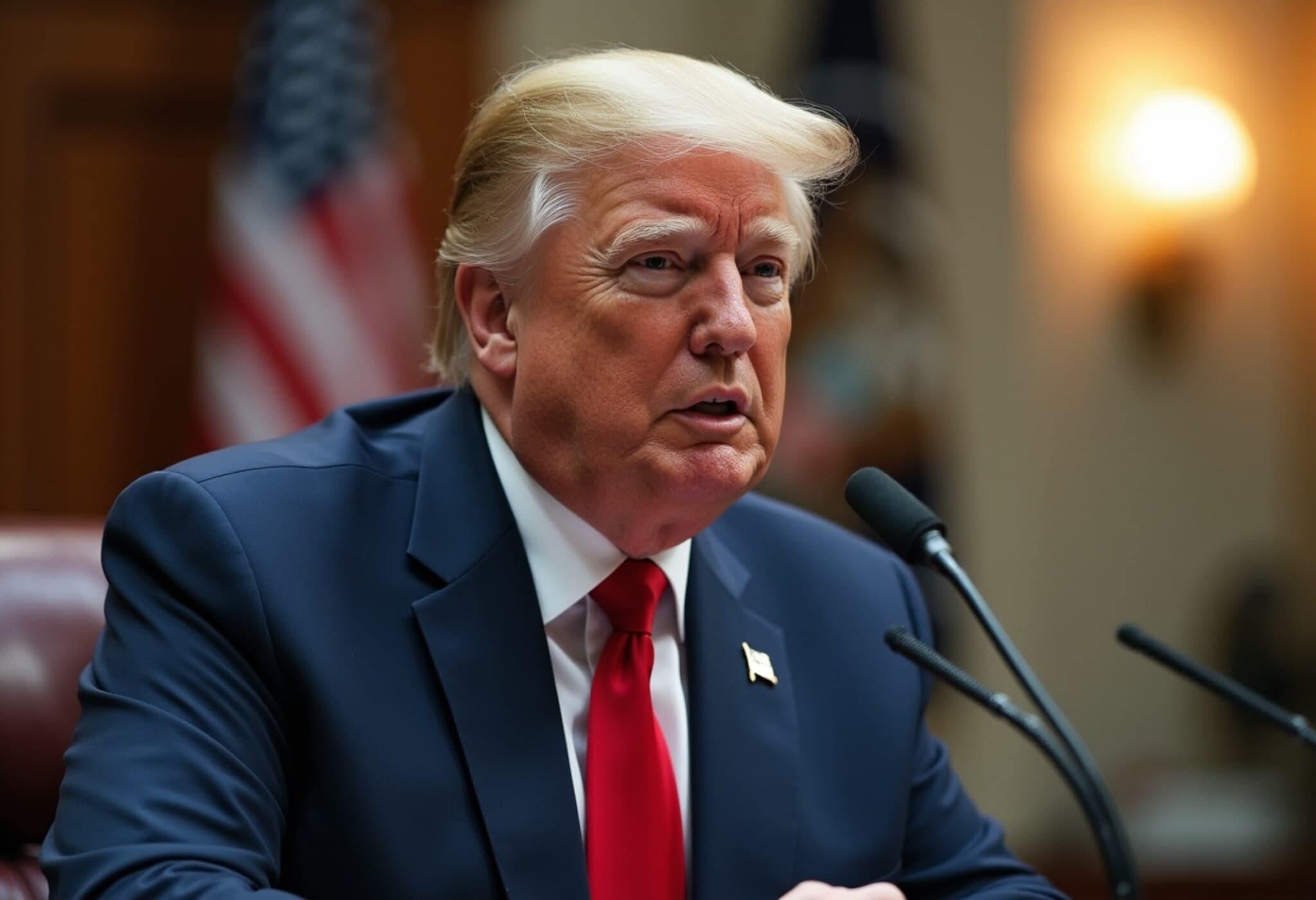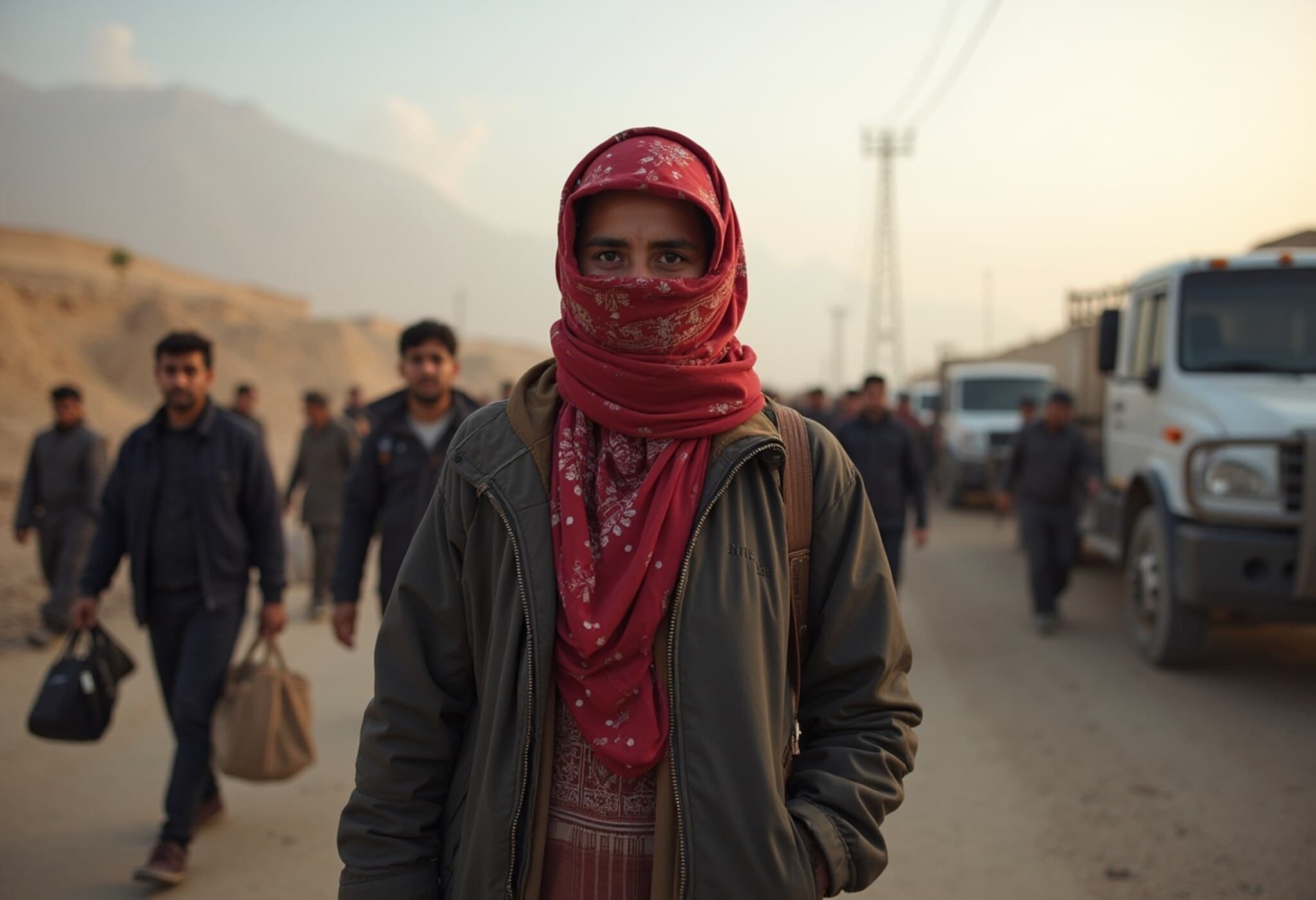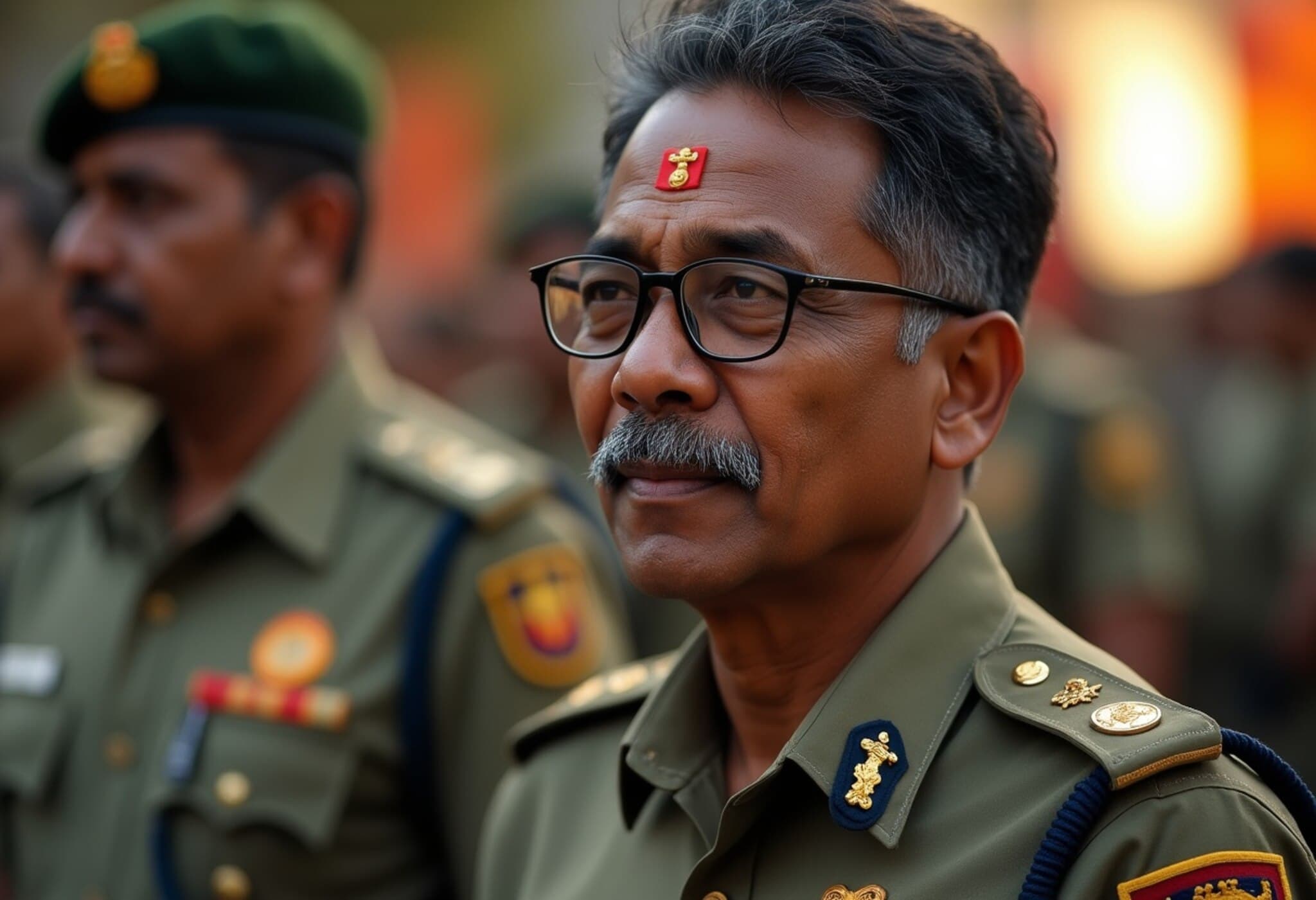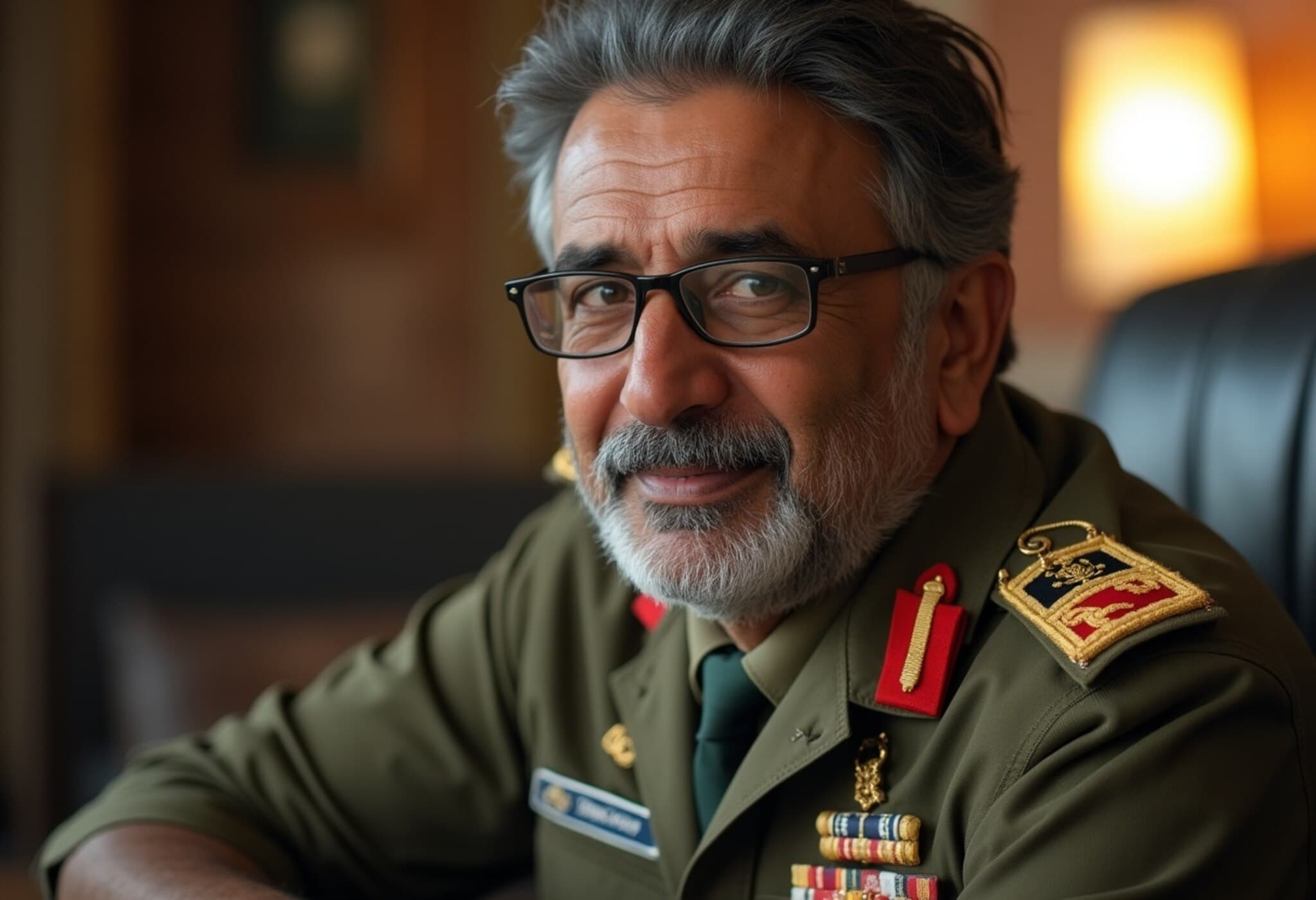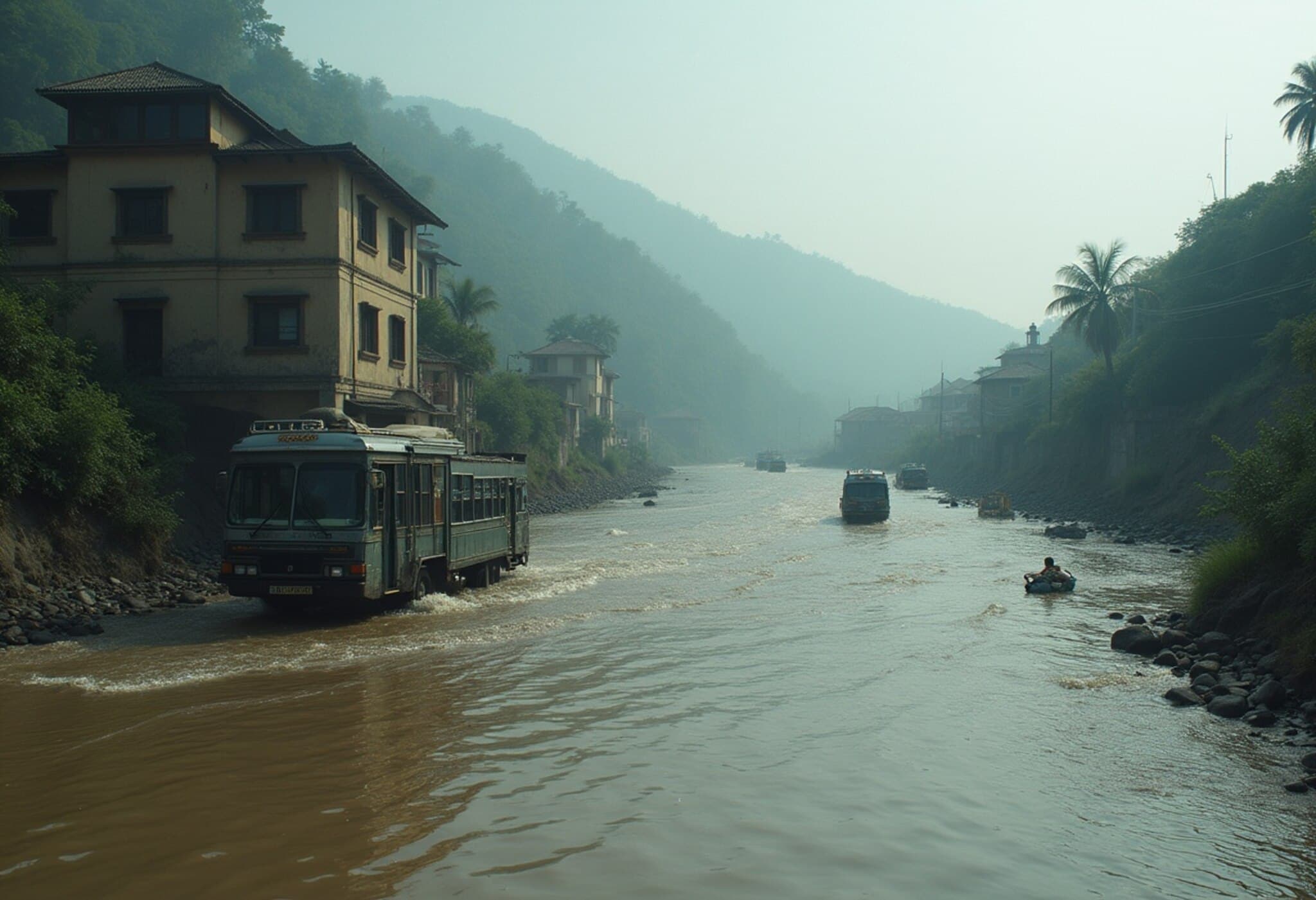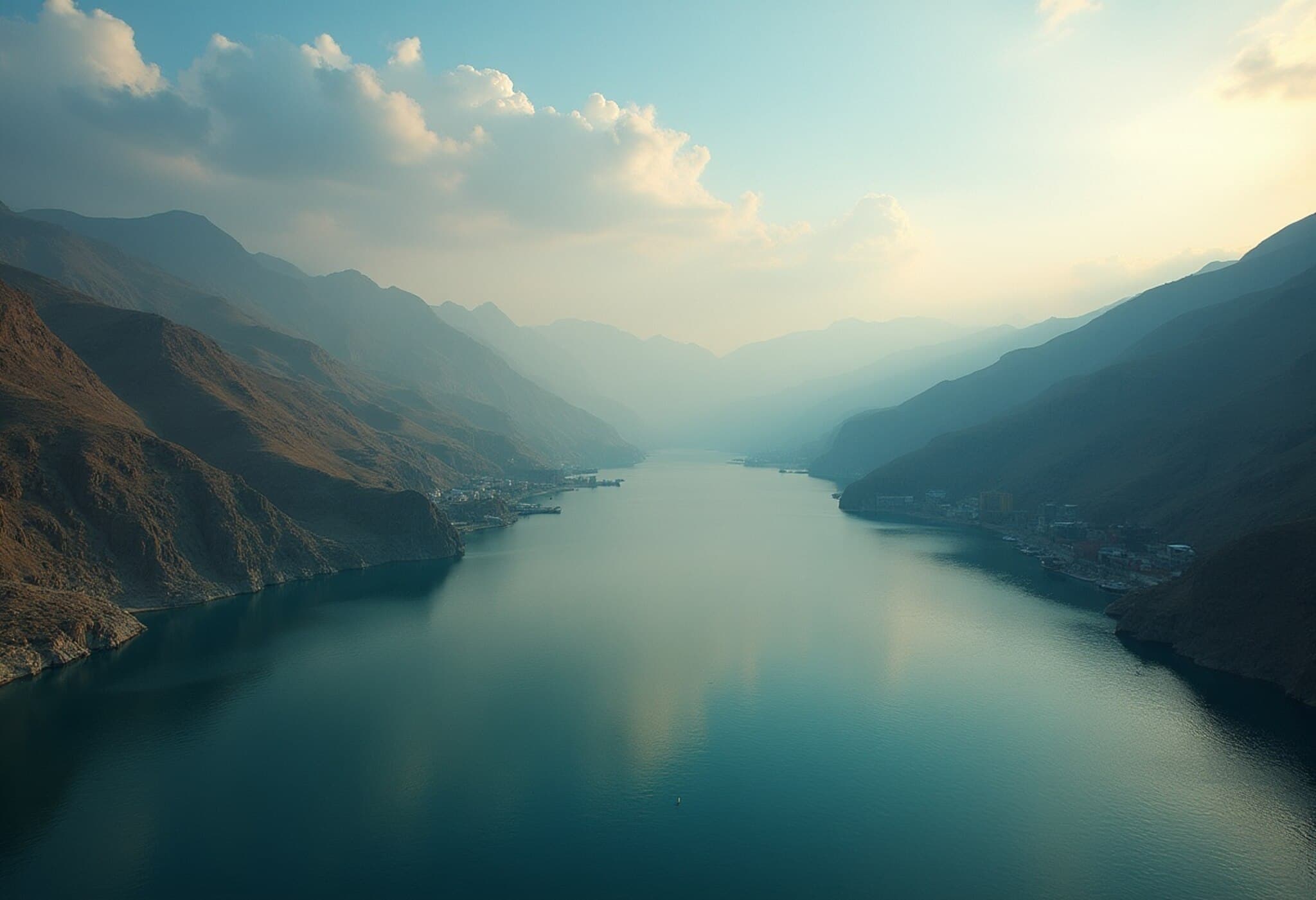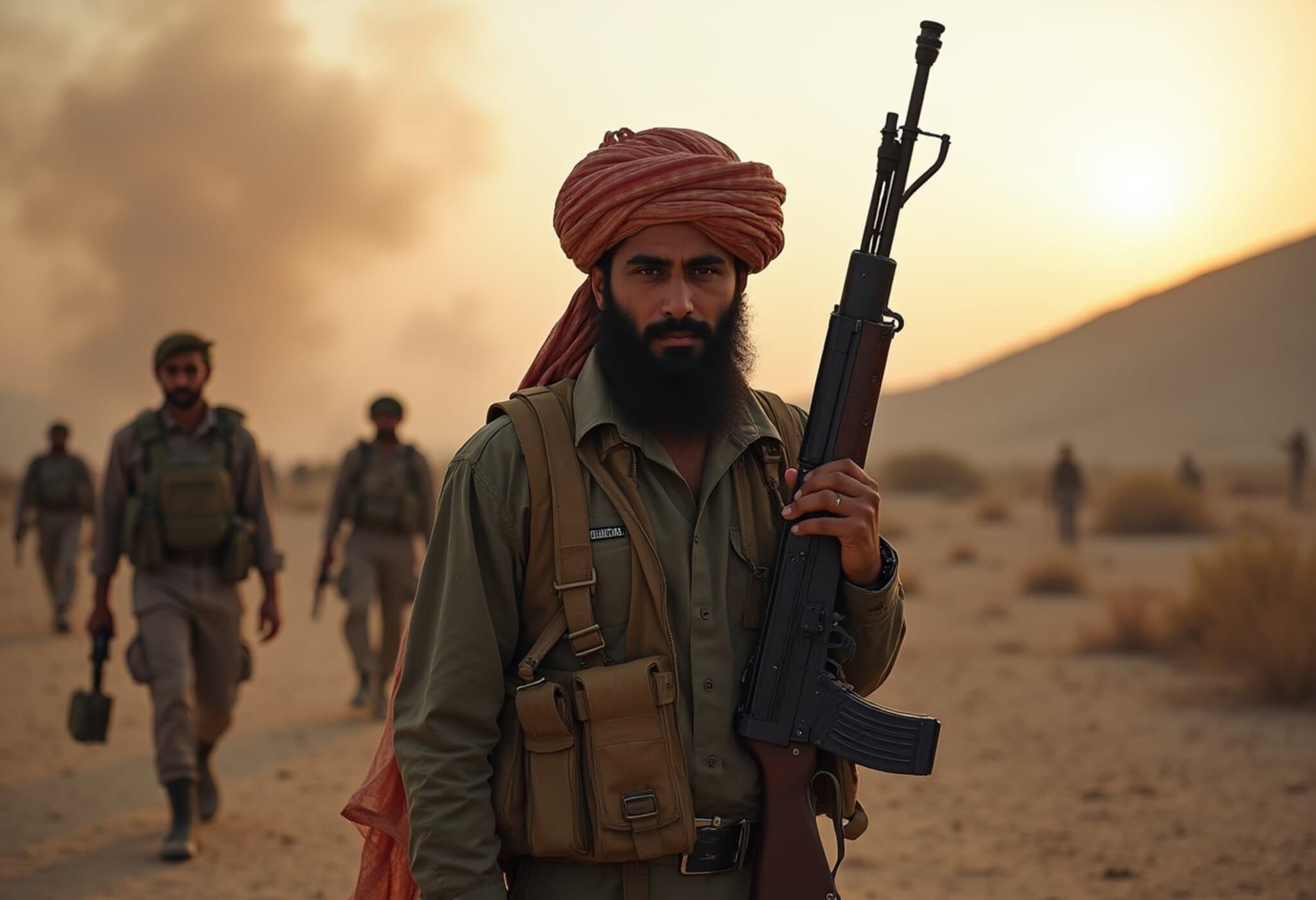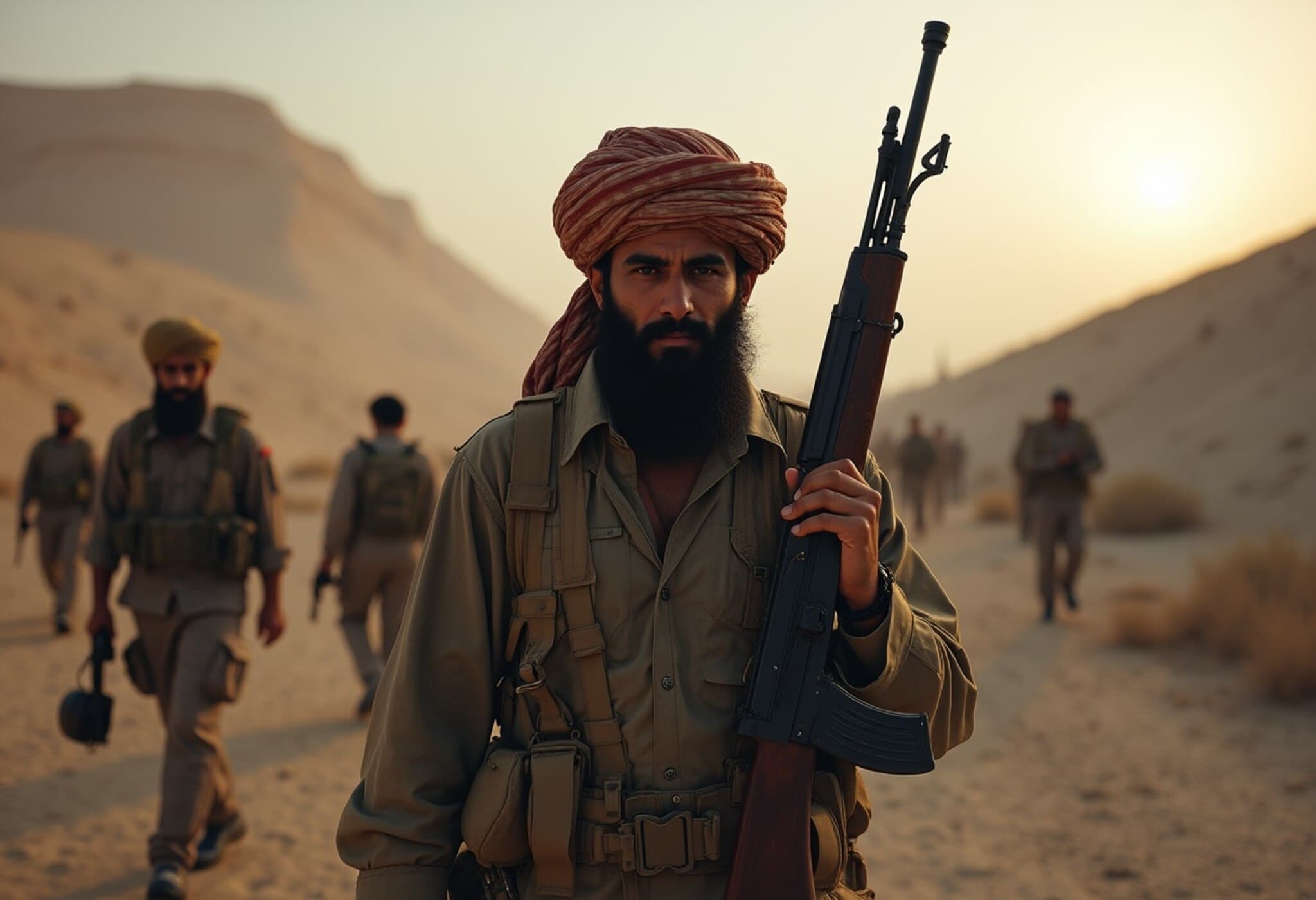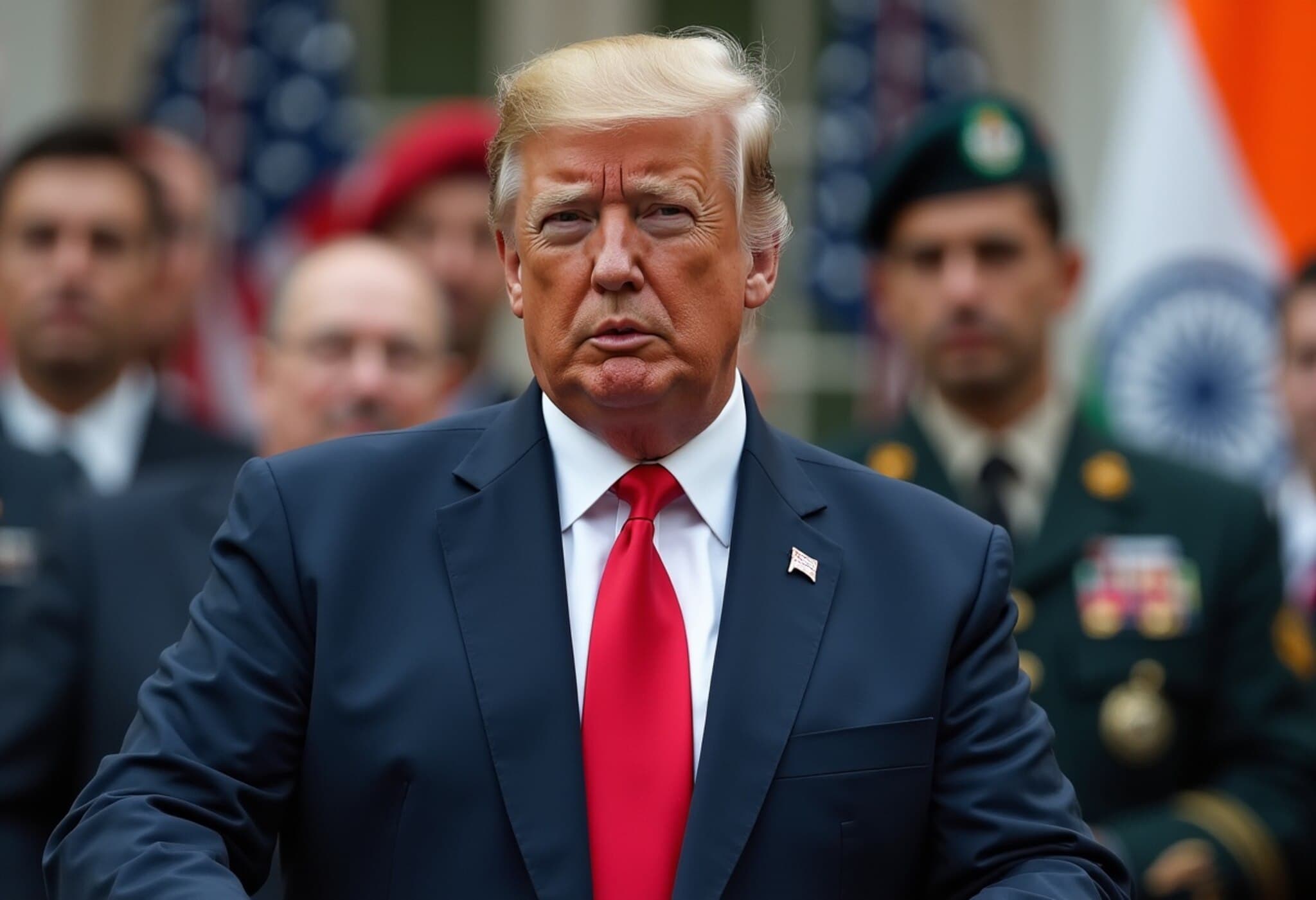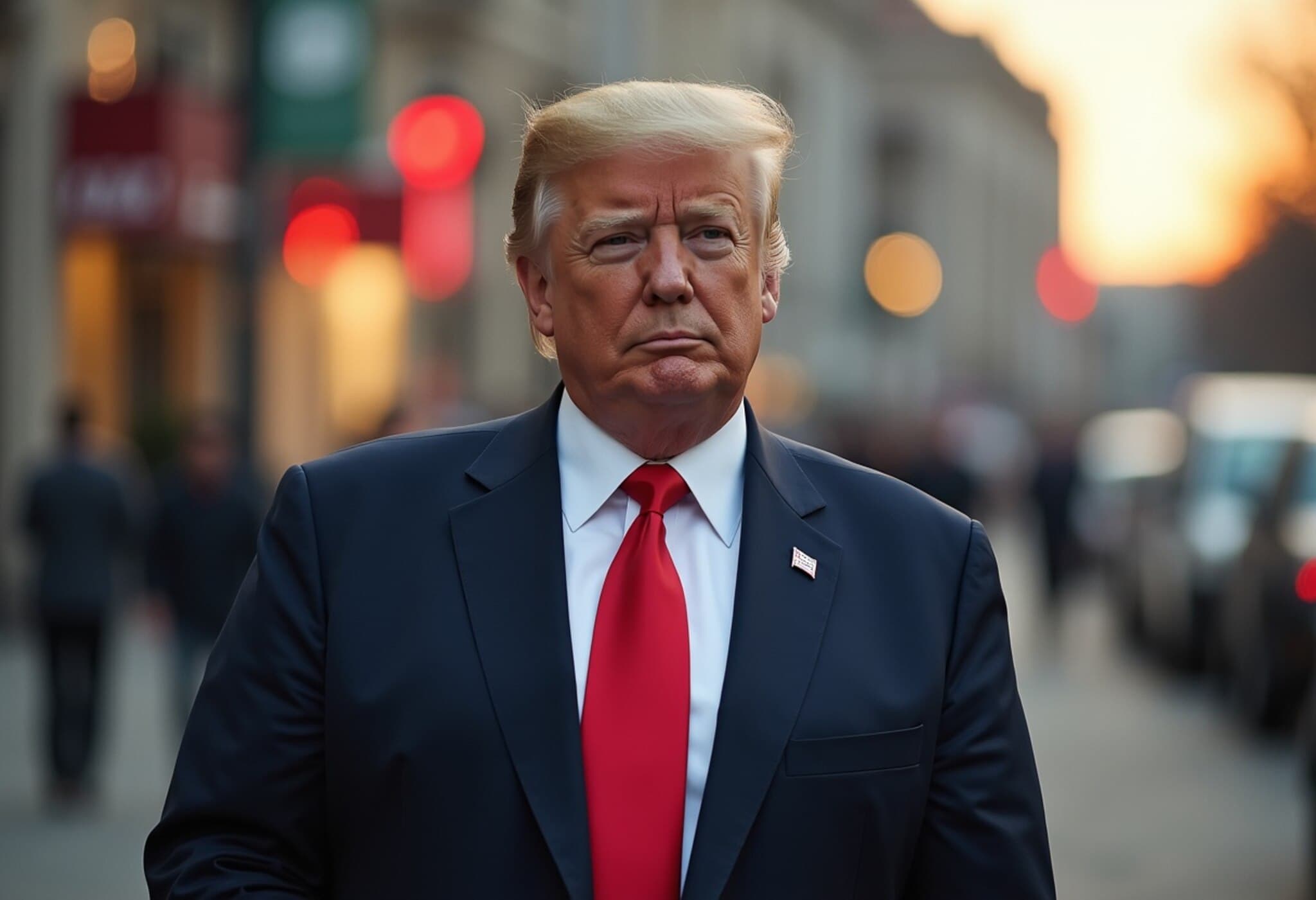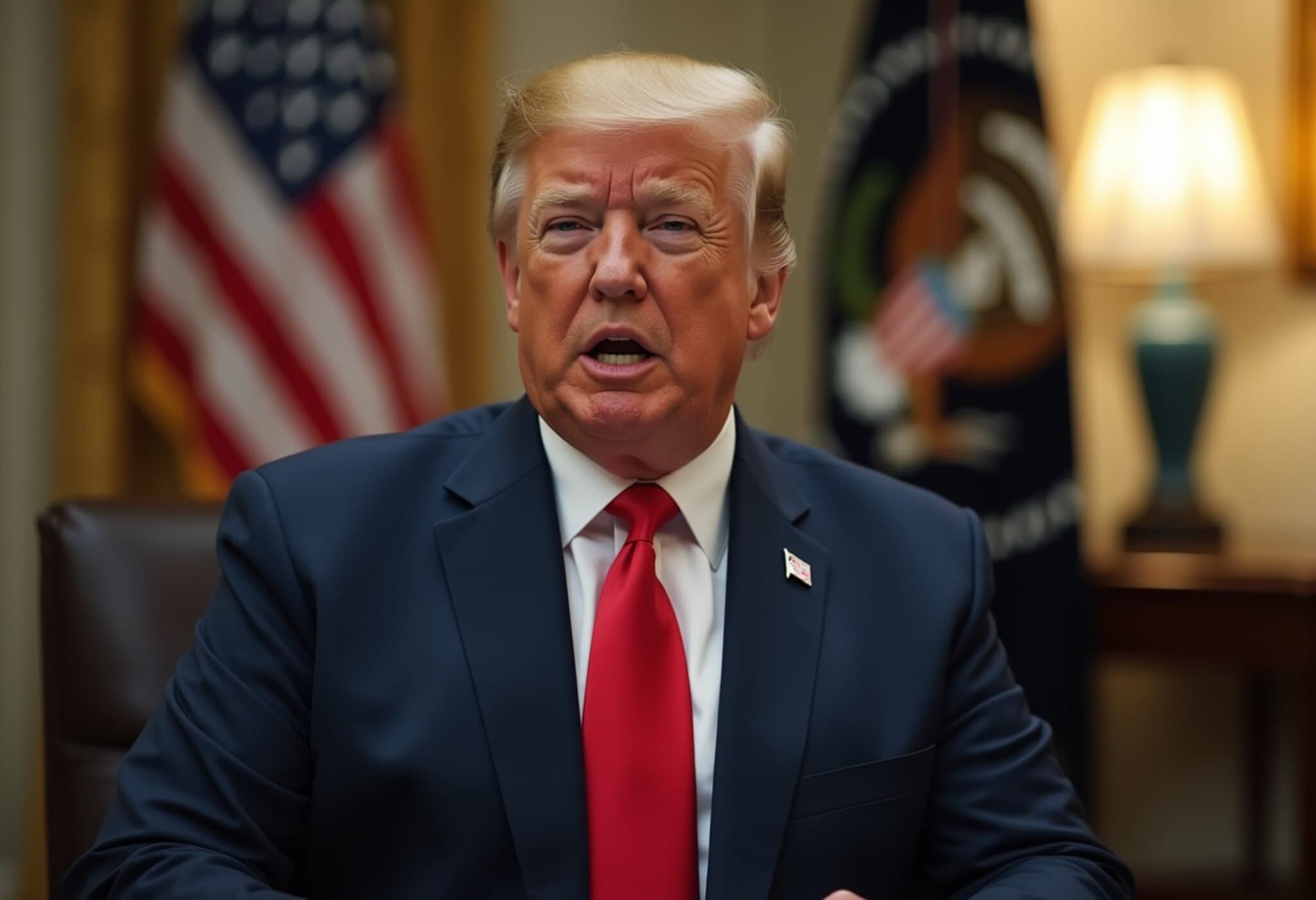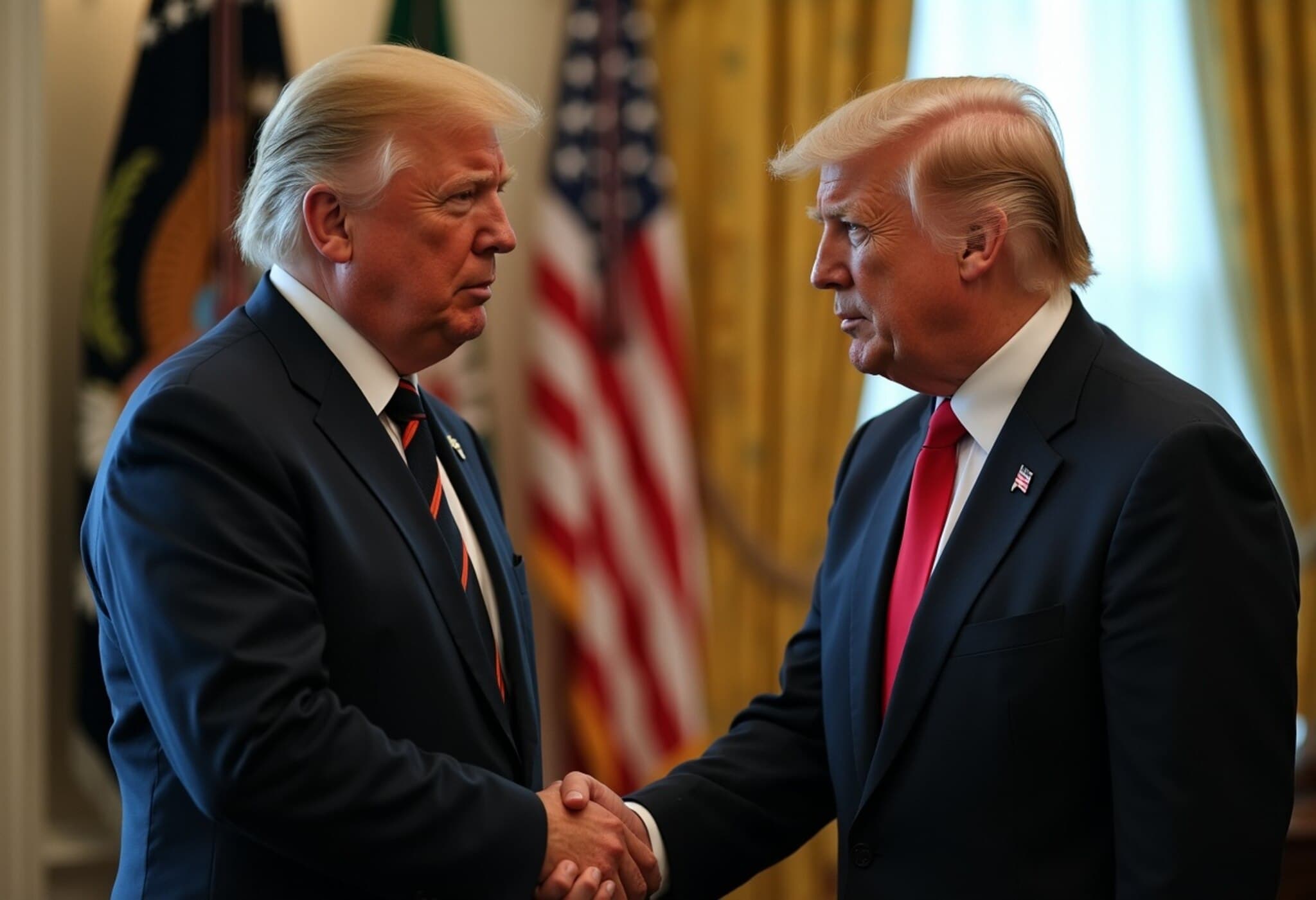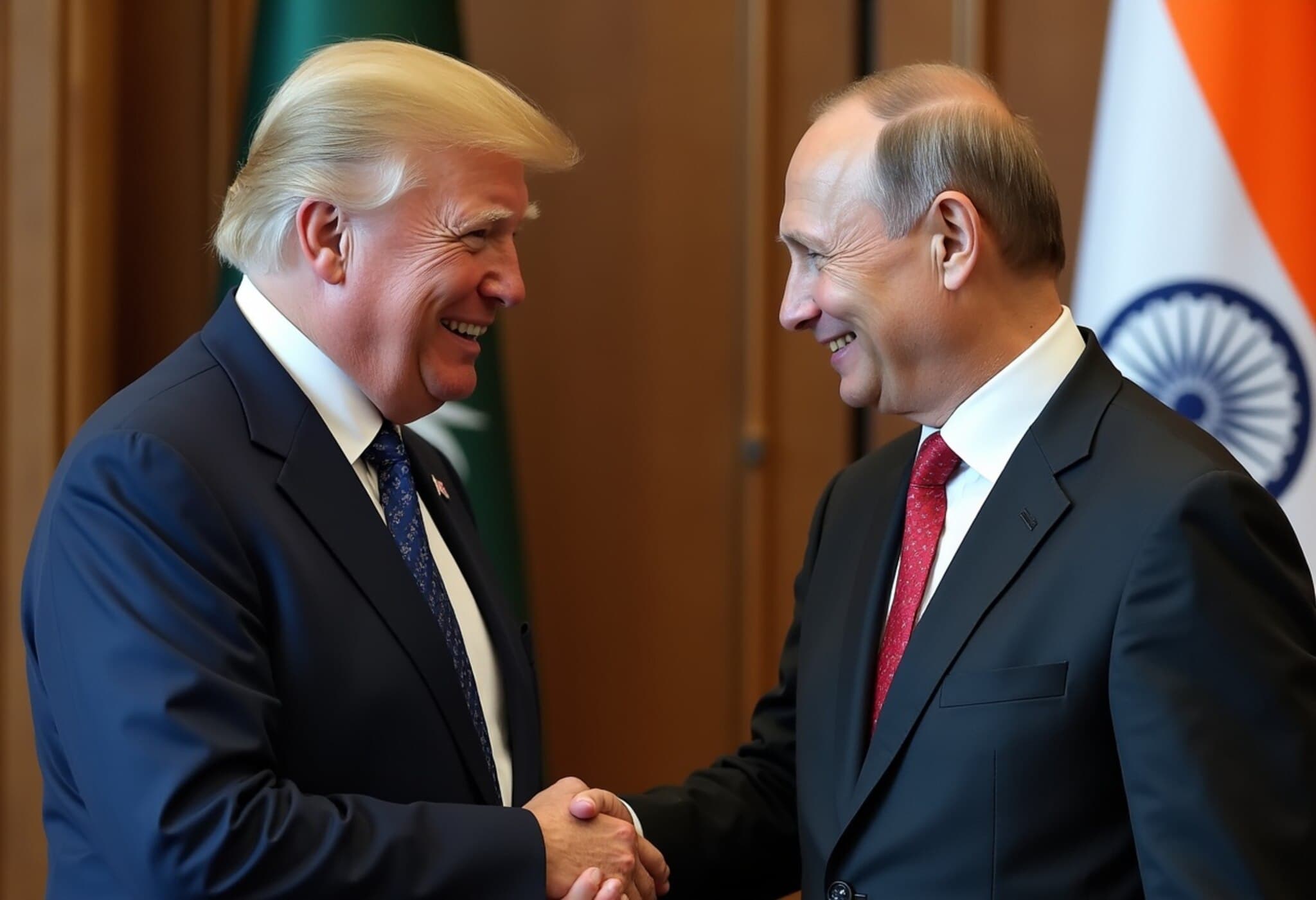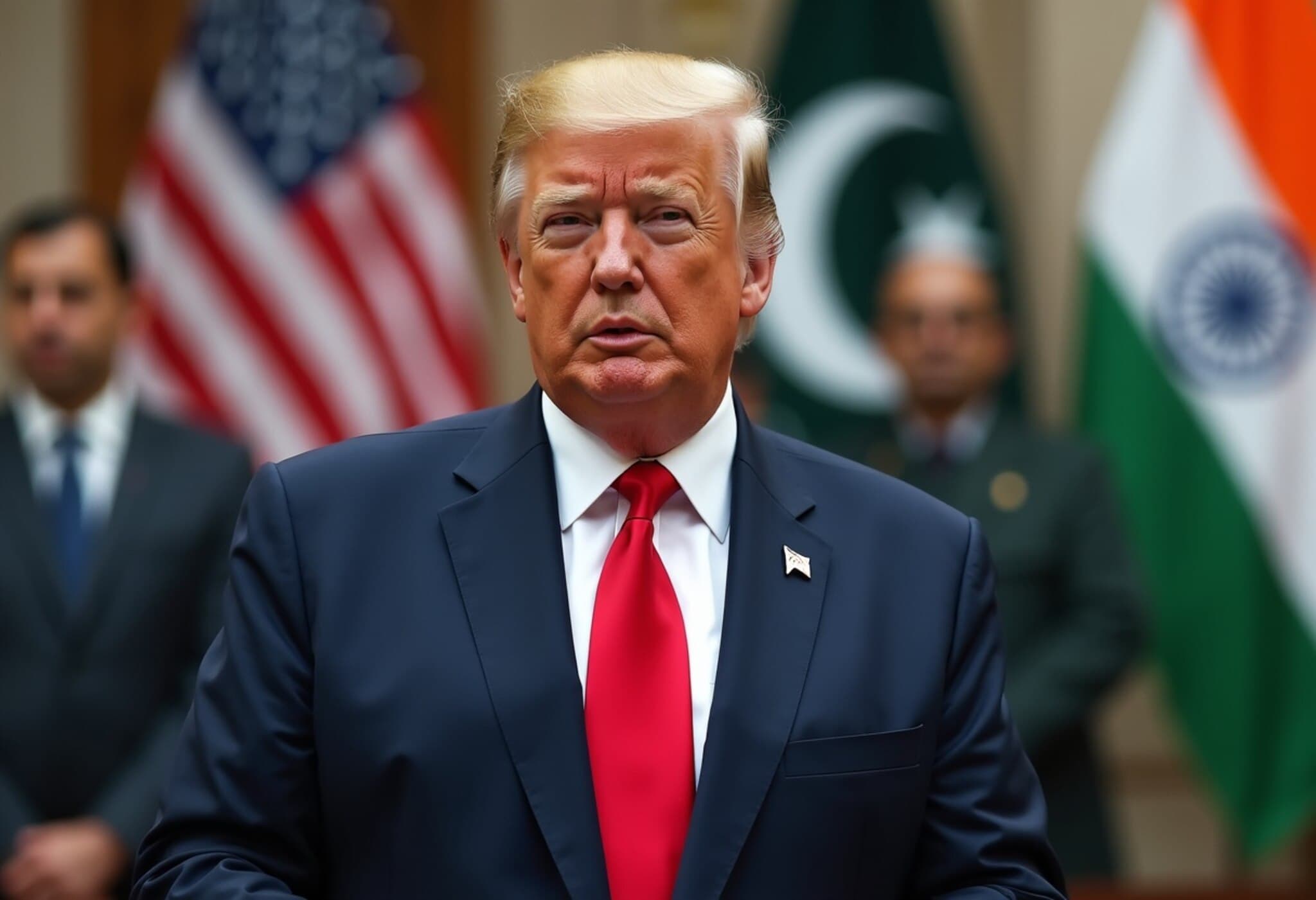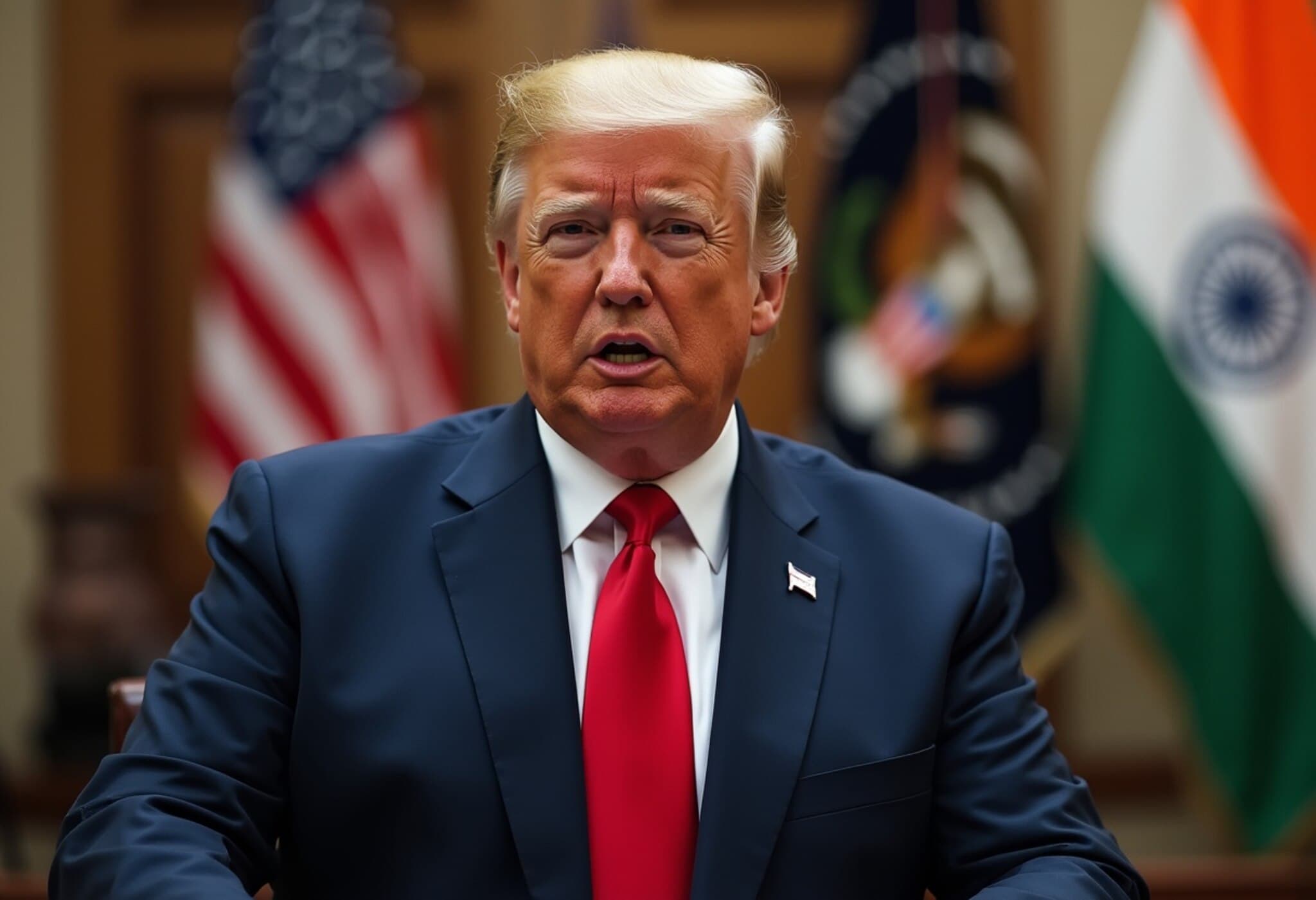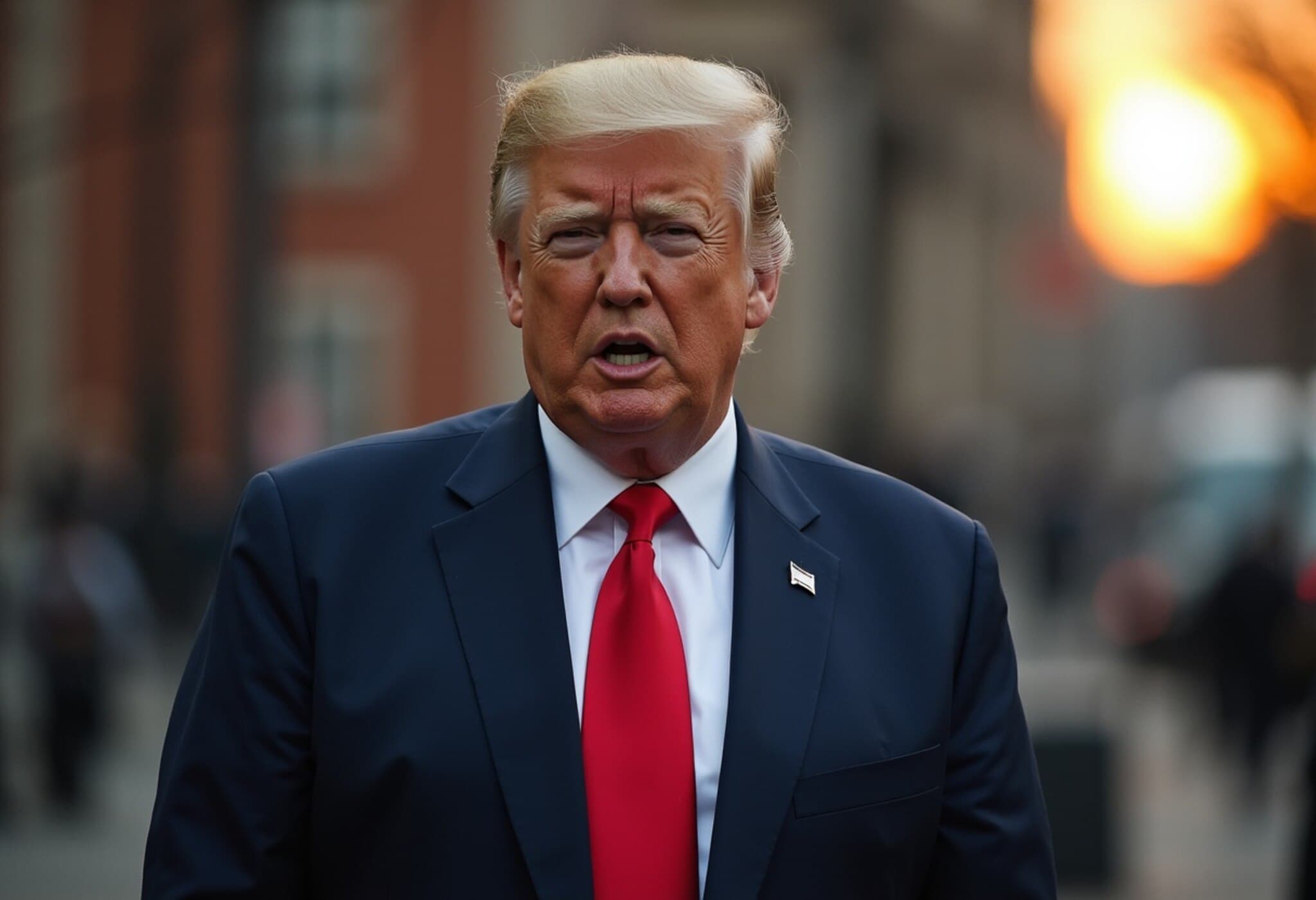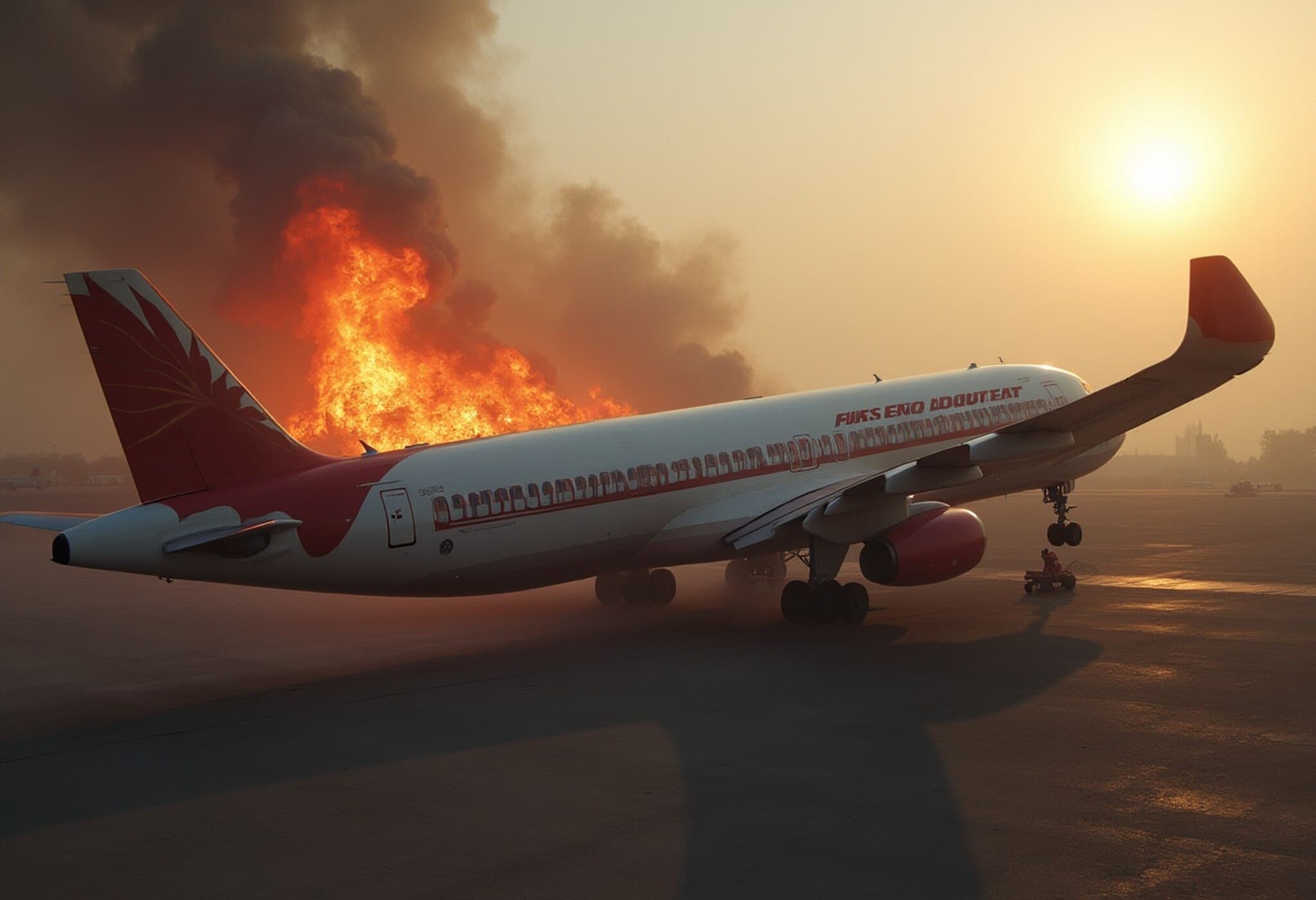Trump Reiterates Role in Stopping India-Pakistan Conflict Amidst Skepticism
In a bold and recurring assertion, former US President Donald Trump has once again claimed credit for preventing a war between India and Pakistan, including the potential for nuclear escalation. Speaking at a White House reception on July 23, 2025, Trump described his intervention as pivotal in cooling down a four-day military confrontation between the two nuclear-armed neighbors.
Trump’s Claims and Wider Diplomatic Assertions
During his remarks, Trump stated, "We stopped wars between India and Pakistan, the Democratic Republic of the Congo and Rwanda." He further detailed that the India-Pakistan clash involved the loss of five aircraft and was dangerously teetering on the brink of nuclear warfare. According to Trump, he personally made calls warning both sides against further escalation, leveraging trade sanctions as a diplomatic tool. "It was going back and forth. I called them and said, ‘No more trade. If you do this, it’s not going to be good,’" Trump said.
Expanding on his broader foreign policy narrative, Trump also claimed the United States under his leadership had neutralized Iran’s nuclear capabilities and helped resolve conflicts in Kosovo and Serbia.
Indian Political Response: Silence and Criticism
The Indian government has officially dismissed Trump’s assertions, with no confirmation from New Delhi or Islamabad regarding any direct intervention or reports of aerial skirmishes during the recent conflict period.
However, Trump’s comments have sparked sharp criticism from Indian opposition parties. Congress leader Jairam Ramesh highlighted the unusual nature of the repetitive claim, noting it was the 25th time in 73 days that Trump had brought this up. Ramesh called out Prime Minister Narendra Modi’s notable silence, asserting that while Trump celebrates these unverified diplomatic achievements, Modi has refrained from commenting publicly. "The Prime Minister remains silent while Trump has made a silver jubilee of his claim," Ramesh wrote on social media platform X.
Ramesh also questioned the Modi government’s reluctance to schedule a parliamentary debate on crucial matters such as the Pahalgam-Sindoor issue, suggesting a broader pattern of governmental evasiveness amid sensitive geopolitical developments.
Contextualizing Trump’s Diplomatic Narrative
Trump’s recounting fits into his long-standing narrative of being a dealmaker and peace broker on the international stage. Trade diplomacy and personal interventions are recurrent themes he emphasizes to validate his foreign policy legacy.
While it is true that India and Pakistan have a complex, tension-prone relationship—with negotiations and conflicts often influenced by external diplomatic pressures—the direct involvement and success of Trump’s claimed mediation remain uncorroborated by independent sources or the involved governments.
Experts note that India-Pakistan relations are shaped by a myriad of factors from regional security, domestic politics, historic grievances, and international alliances. Any narrative placing a single external actor as the decisive factor risks oversimplifying a deeply nuanced and often volatile geopolitical relationship.
What’s at Stake: Underreported Dimensions and Critical Questions
- The Role of US-India Relations: How does Trump’s portrayal affect the current diplomatic dynamics between the US and these South Asian countries?
- Media Literacy and Political Messaging: What motivates the repeated public assertions by Trump, and how might they shape international perceptions or domestic politics in the US?
- Accountability and Transparency: Why has the Indian government opted for silence? Does this reflect a diplomatic strategy or political calculation amid ongoing regional tensions?
- Risk of Nuclear Escalation: How realistic was the threat described by Trump, and what roles have other global powers played in mediating these conflicts?
These unanswered questions underline the importance of cautious interpretation when prominent leaders make sweeping claims about international conflicts and interventions.
Editor's Note
Donald Trump’s repeated claims to have averted war between India and Pakistan challenge us to look beyond headlines and assess geopolitical narratives critically. While such statements may bolster political branding, they risk oversimplifying complex international conflicts driven by lengthy historical contexts and multifaceted diplomacy. For readers and policymakers alike, this episode underscores the urgent need for transparent, multi-venue dialogue and documented evidence when discussing matters with global security implications.

